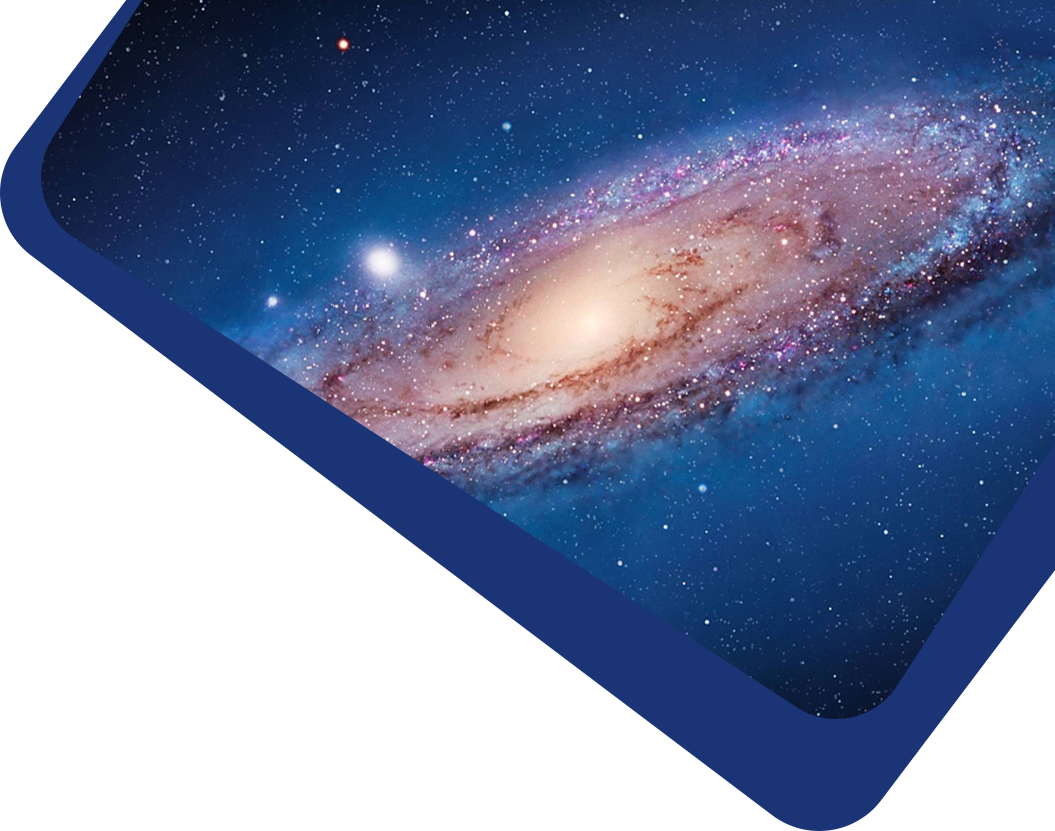Ionospheric scintillation behaves as the random fluctuation of amplitude and phase of the traveling electromagnetic wave caused by irregularities of the Earth ionosphere. In the radio waveband, it influences the performance of satellite navigation systems and radio astronomy observations. Here, the 3.2 m radio telescope located at Sun Yat-sen University (SYSU 3.2 m radio telescope) in Zhuhai is used to observe the radio signal from the geosynchronous Earth orbit satellite C03 of the Beidou navigation system at 1561.098 ± 3 MHz. Fluctuations of intensity in the dynamic spectra, i.e., the standard deviation S4 index, are analyzed to study the scintillation of the ionosphere. The results are compared with those from global navigation satellite system (GNSS) receivers and a GPStation-6 scintillation monitor located at the same place. GNSS receiver and GPStation-6 observations confirm the scintillation events observed by the SYSU 3.2 m radio telescope. The radio telescope observations provide insights into the impact of ionospheric scintillation on astronomical observations.



